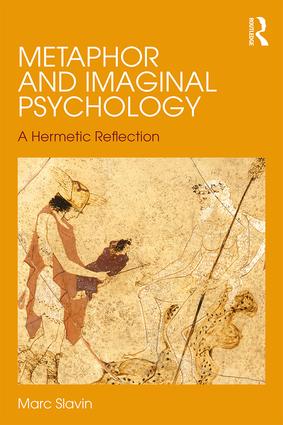"...the Imagination (or love, or sympathy, or any other sentiment) induces knowledge, and knowledge of an 'object' which is proper to it..."
Henry Corbin (1903-1978) was a scholar, philosopher and theologian. He was a champion of the transformative power of the Imagination and of the transcendent reality of the individual in a world threatened by totalitarianisms of all kinds. One of the 20th century’s most prolific scholars of Islamic mysticism, Corbin was Professor of Islam & Islamic Philosophy at the Sorbonne in Paris and at the University of Teheran. He was a major figure at the Eranos Conferences in Switzerland. He introduced the concept of the mundus imaginalis into contemporary thought. His work has provided a foundation for archetypal psychology as developed by James Hillman and influenced countless poets and artists worldwide. But Corbin’s central project was to provide a framework for understanding the unity of the religions of the Book: Judaism, Christianity and Islam. His great work Alone with the Alone: Creative Imagination in the Sufism of Ibn ‘Arabi is a classic initiatory text of visionary spirituality that transcends the tragic divisions among the three great monotheisms. Corbin’s life was devoted to the struggle to free the religious imagination from fundamentalisms of every kind. His work marks a watershed in our understanding of the religions of the West and makes a profound contribution to the study of the place of the imagination in human life.Search The Legacy of Henry Corbin: Over 800 Posts
Wednesday, January 17, 2018
An Important New Book on the Imaginal
Just got my copy - this is an important book. - TC
"This book is a necessity for students of James Hillman's Archetypal Psychology. Slavin focuses on Hillman's key notions: Soul, Image, Personifying, Pathologizing, Psychologizing, Dehumanizing. Providing these notions with careful background and comparison (particularly with Derrida), Slavin dramatically extends Hillman's reach in depth and breadth. I heartily recommend this book." - Patricia Berry
Metaphor and Imaginal Psychology
A Hermetic Reflection
Marc Slavin
Metaphor and Imaginal Psychology: A Hermetic Reflection provides the first full-length exploration of the significance of metaphor in post-Jungian psychology. Its portrayal of the mythological figure of Hermes as a personification of metaphor marks an original contribution to the field of metaphor studies.
After a 2,500-year exile from philosophy and related areas of study, beginning with Plato’s ejection of the poets from the ideal city-state, metaphor is today experiencing a season of renewal. Among the fields where its significance as a way of seeing, thinking, and feeling has been especially prominent is archetypal psychology, perhaps the most philosophically attuned of psychological disciplines.
Approaching the work of James Hillman and other key archetypal psychologists from a poststructuralist perspective, Metaphor and Imaginal Psychology draws insightful comparisons between archetypal psychology and the deconstructive philosophy of Jacques Derrida, a principle theorist of metaphor’s philosophical resurgence.
By linking two disciplines that might at first appear as strange bedfellows, Metaphor and Imaginal Psychology underscores the influence of metaphor in reason and emotion, and makes a compelling case for the Mercurial ethos of our postmodern world. Aside from representing essential reading for therapists and theorists working in post-Jungian studies, the book will appeal to readers, students and scholars of literary criticism, psychology, philosophy and mythology.
"Slavin’s book opens the space for a much-needed conversation in post-Jungian studies. This book performs a rather difficult feat: it articulates a rigorous academic and philosophic approach to metaphor while remaining true to the Hermetic spirit which it explicitly espouses. This text, with its profundity and playfulness, constitutes a true invocation of the senex-et-puer constellation. It bridges disciplines which have thus far flirted with connecting but have failed to do so in a consistent way. This book is a window through which poststructuralists and imaginal psychologists can look into each other’s ideas and actually begin to talk." - Gustavo Beck, Universidad Iberoamericana, Mexico
Subscribe to:
Post Comments (Atom)








No comments:
Post a Comment